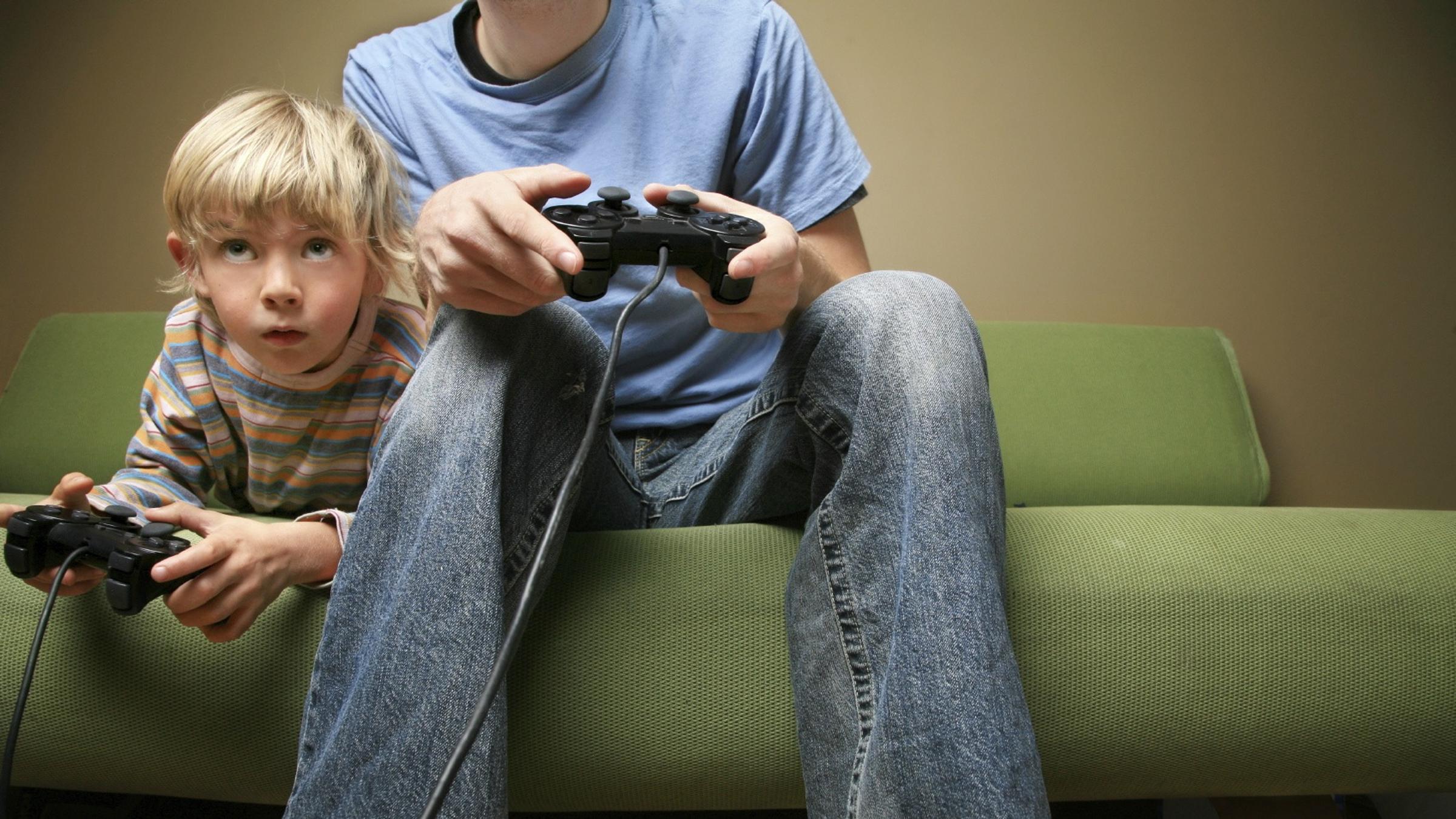From The Couselling Suite

What’s The Attraction of Online Gaming?
Parents and teachers frequently voice concerns about the amount of time our young people spend engaged in online gaming; as counsellors, we too often see a link between boys who spend excessive amounts of time online, and the boys who experience problems in their day to day lives. Boys who spend lots of time chasing the illusive ‘high score’ on some game or other seem to be the same boys who are behind in their school work, are absent often and experience symptoms that we commonly associate with depression. This is not to say that online gaming is the cause of the problems, but it is interesting that there appears to be some link or other between them.
As a way of helping our young people with the issue of problematic gaming, we should perhaps attempt to understand what the attraction is, and why for some kids the attraction is much greater than it is for others.
In some ways excessive online gaming is similar to other problematic behaviours, in that online gaming meets many psychological needs: social contact, a sense of purpose, a sense of achievement and challenge, a means of escape. Problems arise when gaming becomes the only outlet for meeting a psychological need, and so other aspects of the young person’s life may be negatively affected. The old adage ‘all things in moderation’ is still appropriate.
The danger with gaming is that the games our young people play are designed to be addictive, and if they are vulnerable for one reason or another, they soon find themselves hooked – gaming becomes their coping strategy. When gaming is the only way to experience certain feelings, or meet certain needs, it can be a problem, and the more gaming is used to meet a particular need or feel a certain way, the harder it is to get the same feeling from other things.
We all like to feel that we are good at something, and if it seems to the young person that they are hopeless in lots of other areas where they see other kids being applauded, like sport, or music or schoolwork, it is little wonder that the rewards offered by being the very best, or having the highest score, at some game or other is overwhelmingly attractive. Online gaming gives a sense of purpose and the games provide clear milestones and tracks for progression; they create a sense of achievement and potency – they may not feel as if they are noticed in the real world but in the online world, they can be ‘top dog’.
The world inhabited by problematic gamers, may seem to those of us looking in, to be a very anti-social world, but for those who live in it, it provides a sense of belonging and community; games create a sense of being needed and valued by others in the game world. Young gamers are able to construct a huge network of online friends; for some young people this online community becomes the place where they are most accepted and which continually entices them back.
Online gaming provides an opportunity for role-playing. For the young person who perceives himself as weak and ineffective in the real world, in their virtual world they have the opportunity to create the character in the game; a character which may be the opposite of how they view their ‘real’ selves – a character who can be strong and powerful, who can embark on adventure, be successful and battle and defeat all opponents. It is not surprising how attractive it is for some young people to escape the dullness of their own real lives in a game.
Problematic gaming is a serious issue with many of our young people, and it is one which is not easily remedied. Like any other problematic behaviour, we need to look at the underlying reasons for the behaviour; we need to try to understand why our particular young person finds such satisfaction in online gaming. It is only when this is understood, can any significant progress be made in helping the young person achieve change.
Please contact the Counselling Team for more information or for help with the issue: counselling@bps.sa.edu.au
Ms Cathie Oswald
Mrs Karen Davies
Counselling Team
